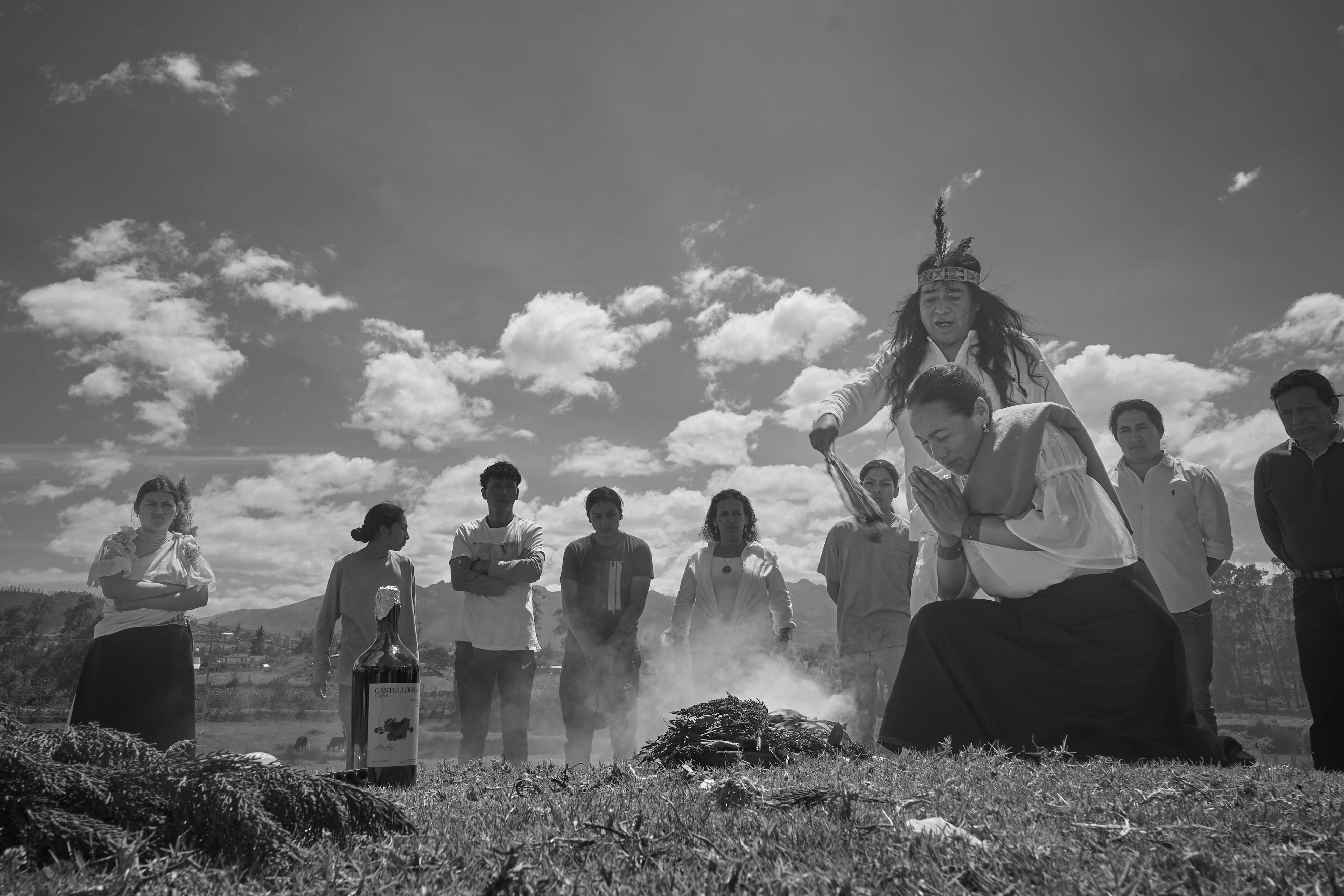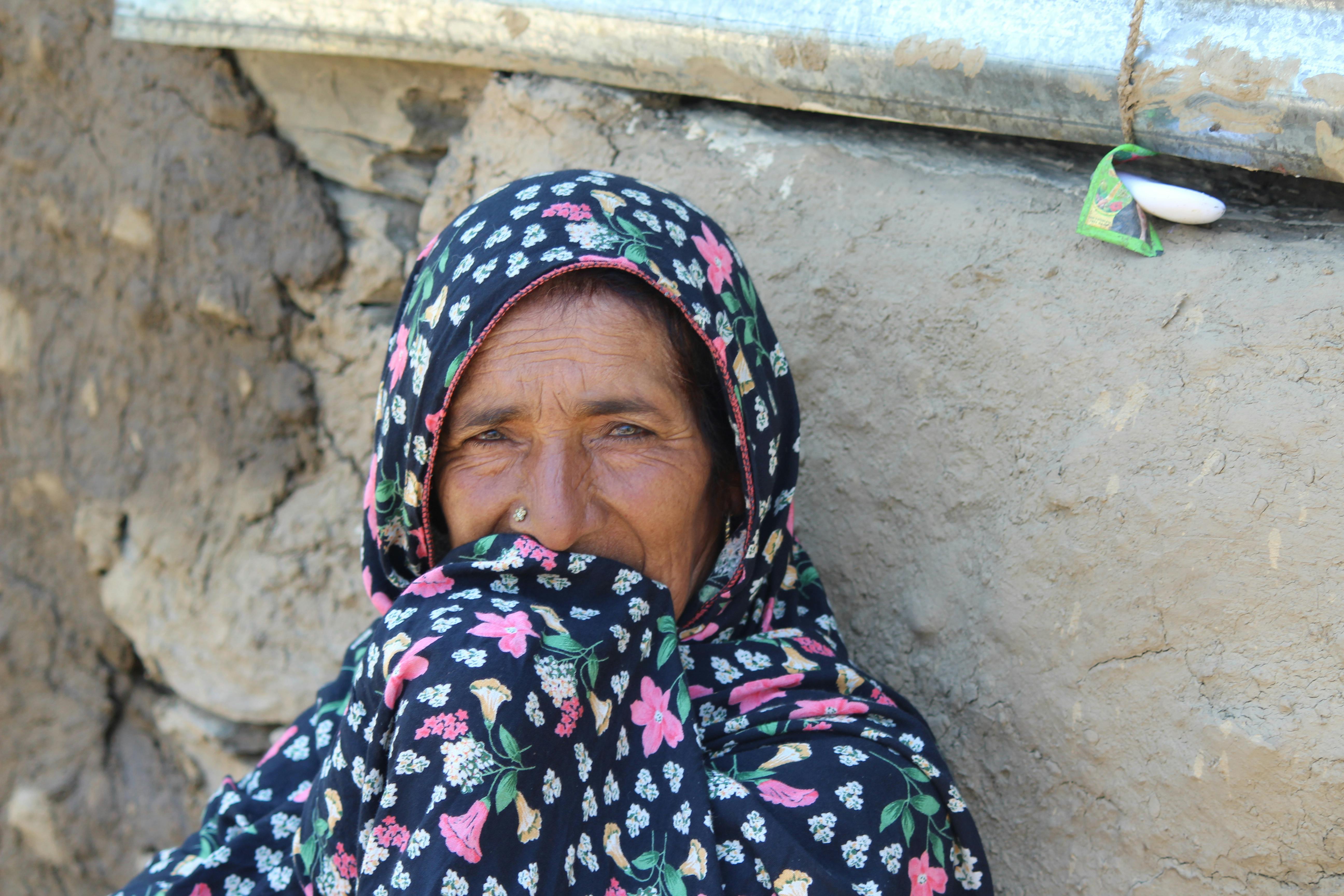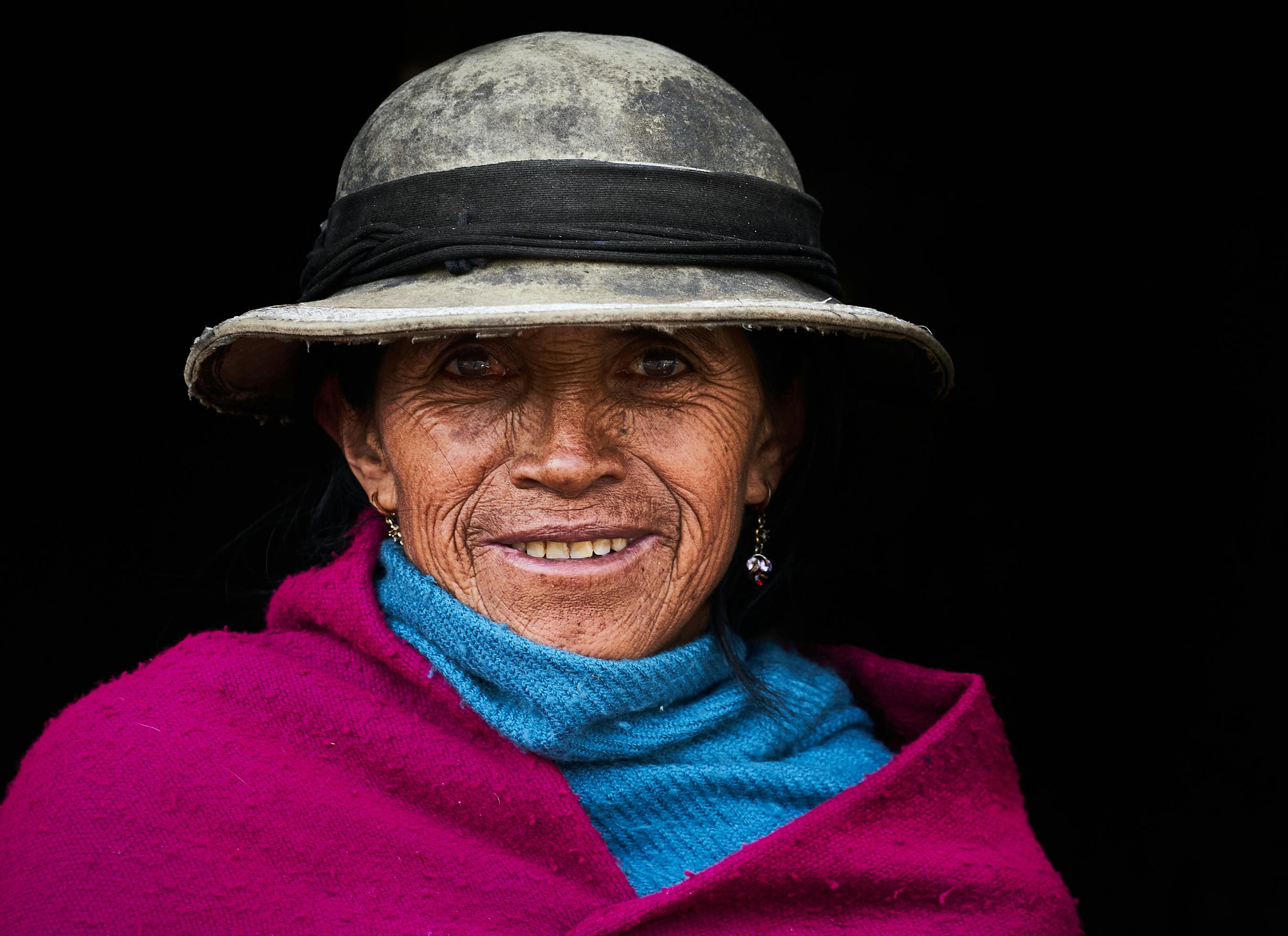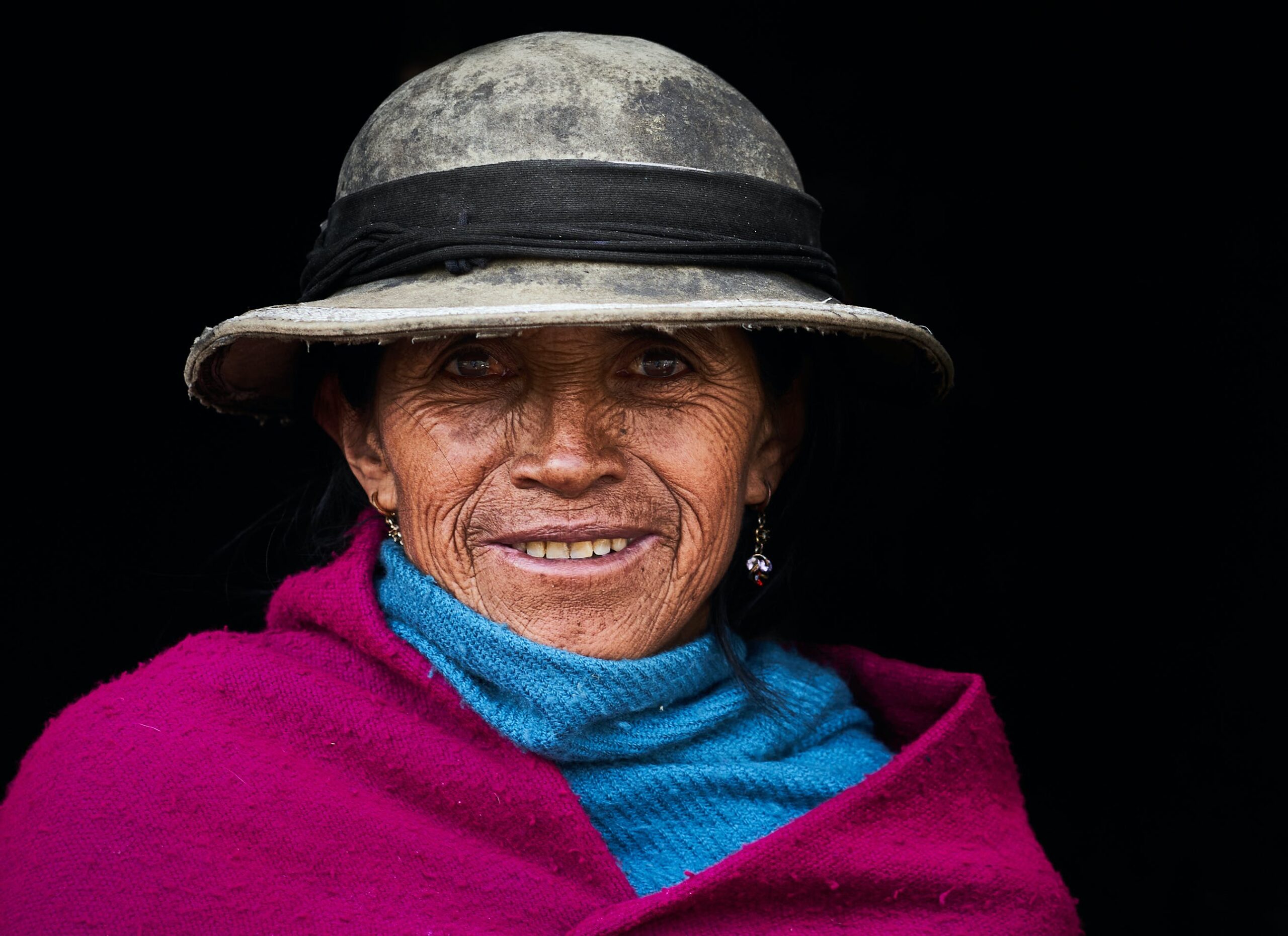India’s Herbal Medicine Traditions: Natural Healing Abroad takes us on a journey into the mesmerizing realm of medical tourism in India. In this article, we delve into the flourishing industry that seamlessly combines world-class healthcare and wellness with the country’s rich cultural heritage. From ancient Ayurvedic practices to the latest advancements in herbal medicine, India has become a global hub for those seeking natural healing remedies. Join us as we explore the captivating world of India’s herbal medicine traditions and discover why it has become a sought-after destination for those in search of holistic healthcare.

Overview of India’s Herbal Medicine Traditions
India’s rich history and cultural heritage have given rise to a holistic approach towards healing through traditional herbal medicine. This ancient practice has been passed down through generations and continues to play a significant role in the lives of many Indians. The use of herbs and plants for medicinal purposes dates back thousands of years and has been a cornerstone of Indian healthcare.
Historical Significance
India’s herbal medicine traditions can be traced back to the ancient texts of Ayurveda, which is considered the oldest known medical system in the world. Ayurveda, meaning “knowledge of life,” encompasses a comprehensive understanding of the human body and promotes a balance between mind, body, and spirit. The ancient Ayurvedic texts, such as the Charaka Samhita and Sushruta Samhita, serve as the foundation for India’s herbal medicine practices.
Key Principles
Herbal medicine in India is based on several key principles. One of the fundamental principles is the belief in the interconnectedness of all aspects of life. Herbal medicines are seen as a way to restore balance to the body and bring harmony to the individual as a whole.
Another important principle is the individualized approach to treatment. Indian herbal medicine recognizes that each person is unique and requires personalized remedies based on their specific constitution and health needs. This personalized approach ensures that the treatment is targeted and effective.
Types of Herbal Medicines
India’s herbal medicine traditions encompass a wide range of remedies and treatments. Herbal medicines can be categorized into various forms, including herbal powders, pastes, infusions, decoctions, and formulations based on the principles of Ayurveda. These remedies are often made from a combination of herbs, roots, leaves, flowers, and other plant parts, each with their unique healing properties.
Benefits of Herbal Medicine
The use of herbal medicine in India offers numerous benefits to individuals seeking natural healing alternatives. These benefits include a holistic approach to healing, low cost and accessibility, and fewer side effects compared to conventional medicines.
Holistic Approach to Healing
Herbal medicine takes a holistic approach to healing, addressing not only the physical symptoms but also the underlying causes of the imbalance. It recognizes that the mind, body, and spirit are interconnected and aims to restore harmony in all aspects of an individual’s being. This comprehensive approach promotes overall well-being and encourages individuals to take an active role in their health.
Low Cost and Accessibility
One of the significant advantages of herbal medicine is its affordability and accessibility. Many herbs and plants used in herbal remedies can be found locally and are often more affordable than conventional medications. This affordability makes herbal medicine accessible to a wider population, particularly those who may not have access to modern healthcare facilities or resources.
Fewer Side Effects
Unlike conventional medicines that often come with a lengthy list of potential side effects, herbal medicine tends to have fewer adverse reactions. Herbal remedies are often derived from natural sources and are gently processed, reducing the likelihood of harsh side effects. This makes herbal medicine a desirable option for individuals looking for safer alternatives to conventional treatments.

Popular Herbs and their Uses
India boasts a diverse range of herbs with various medicinal properties. Here are a few popular herbs and their uses:
Turmeric
Turmeric, known as “Haldi” in Hindi, is a bright yellow spice widely used in Indian cuisine and traditional medicine. It contains a compound called curcumin, which possesses anti-inflammatory, antioxidant, and antimicrobial properties. Turmeric is commonly used to relieve joint pain, boost immunity, improve digestion, and enhance overall skin health.
Ashwagandha
Ashwagandha, also known as Indian ginseng or winter cherry, is an adaptogenic herb prized for its ability to reduce stress, improve cognitive function, and boost energy levels. It is commonly used to alleviate anxiety, depression, and insomnia, while also promoting enhanced physical endurance.
Neem
Neem, or “Azadirachta indica,” is a versatile herb widely used in Ayurvedic medicine for its antimicrobial, anti-inflammatory, and antifungal properties. Neem is often used to treat skin conditions such as acne and eczema, as well as support oral health, boost the immune system, and promote detoxification.
Brahmi
Brahmi, also known as bacopa, is a herb known for its cognitive-enhancing properties. It has been used in Ayurvedic medicine to improve memory, concentration, and overall brain function. Brahmi is commonly used to alleviate symptoms of stress, anxiety, and attention deficit hyperactivity disorder (ADHD).
Traditional Methods of Preparation
India’s herbal medicine traditions incorporate various methods of preparation, each designed to extract and preserve the medicinal properties of the herbs effectively.
Ayurvedic Formulations
Ayurvedic formulations are complex blends of herbs, minerals, and other natural ingredients. These formulations are carefully crafted to address specific health conditions and restore balance to the body. The herbs are processed using traditional methods such as grinding them into fine powders and combining them in precise ratios. These formulations come in the form of pills, powders, and oils.
Herbal Powders and Pastes
Herbal powders and pastes are simple yet effective ways of using medicinal herbs. The dried herbs are ground into a fine powder or paste and can be mixed with water, honey, or other ingredients to create a paste or consumed directly. This method allows for convenient and quick administration of herbal medicines.
Herbal Infusions and Decoctions
Herbal infusions, commonly known as teas, and decoctions are widely used methods of preparation in herbal medicine. Infusions involve steeping herbs in hot water, allowing their properties to be extracted. Decoctions are prepared by boiling herbs in water for an extended period, extracting the active compounds. Both methods are effective in extracting the medicinal properties of the herbs, making them easily absorbed by the body.

Integration of Herbal Medicine with Modern Healthcare
In recent years, there has been a growing recognition of the value and potential of integrating herbal medicine with modern healthcare practices. This integration offers several opportunities for collaboration and mutual benefit.
Collaborative Research and Development
Collaborative research and development efforts are essential for bridging the gap between traditional herbal medicine and modern healthcare practices. Researchers, scientists, and medical professionals are working together to study the efficacy and safety of herbal medicines, identify the active compounds responsible for their therapeutic effects, and develop standardized protocols for their use. This collaborative approach ensures that the knowledge and wisdom of traditional herbal medicine are combined with modern scientific methods.
Herbal Supplements in Conventional Treatments
Herbal supplements are increasingly being incorporated into conventional treatments to enhance their efficacy and minimize side effects. For example, herbal supplements are used as adjuvants in cancer treatments to support the body’s immune system and reduce the toxicity of chemotherapy. Integrating herbal supplements with conventional treatments allows for a comprehensive and personalized approach to healthcare.
Certification and Regulation
To ensure the safety and quality of herbal medicines, certification and regulation processes have been established. Various regulatory bodies, such as the Ministry of Ayurveda, Yoga & Naturopathy, Unani, Siddha, and Homeopathy (AYUSH), ensure that herbal medicines meet specific standards and guidelines. This certification process helps protect consumers and ensures that the herbal medicines they purchase are safe and effective.
Herbal Medicine and Wellness Tourism
India’s herbal medicine traditions have become a significant draw for wellness tourists seeking natural healing experiences. The integration of herbal medicine with wellness tourism offers visitors a unique opportunity to immerse themselves in India’s vibrant culture and explore the ancient healing practices.
Ayurvedic Retreats and Spas
Ayurvedic retreats and spas provide a serene and rejuvenating environment for individuals seeking holistic healing experiences. These retreats offer a range of treatments and therapies, including herbal massages, detoxification programs, and personalized Ayurvedic consultations. Visitors can indulge in ancient healing rituals while enjoying the beautiful surroundings of these retreats.
Medical Tourism Packages
Medical tourism packages that incorporate herbal medicine treatments are gaining popularity among travelers. These packages offer visitors the chance to receive top-notch healthcare services while experiencing the benefits of herbal medicine. Medical tourists can avail themselves of comprehensive health check-ups, specialized treatments, and personalized herbal medication, all under the guidance of qualified healthcare professionals.
Yoga and Meditation Centers
India is home to numerous yoga and meditation centers that offer a range of programs aimed at promoting physical, mental, and spiritual well-being. These centers often incorporate herbal medicine practices into their programs, providing individuals with a holistic approach to wellness. Visitors can participate in yoga and meditation sessions, receive herbal consultations, and explore the profound impact of herbal medicines on their overall health.
Challenges and Future Outlook
While India’s herbal medicine traditions have immense potential, several challenges need to be addressed to ensure their widespread use and acceptance in modern healthcare.
Quality Control and Standardization
Maintaining quality control and standardization is crucial for the safety and efficacy of herbal medicines. There is a need for standardized protocols for the cultivation, processing, storage, and distribution of herbs to ensure consistency in their medicinal properties. Establishing quality control measures and certifications can increase consumer confidence and facilitate the integration of herbal medicine into mainstream healthcare.
Intellectual Property Rights
Protecting the intellectual property rights of traditional herbal medicine practitioners and indigenous communities is vital. Many herbal remedies have been passed down through generations, and their knowledge should be valued and protected. Establishing fair trade practices and providing legal protections can ensure that traditional knowledge holders receive recognition and compensation for their contributions to herbal medicine.
Integration in Global Healthcare
India’s herbal medicine traditions have the potential to make a significant impact on global healthcare. However, integration into mainstream healthcare systems and practices can be challenging. Building awareness among healthcare professionals, promoting evidence-based research, and fostering collaborations between traditional healers and modern medical practitioners can help bridge the gap and facilitate the integration of herbal medicine into global healthcare practices.
Cultural Experience and Natural Healing
India’s herbal medicine traditions offer not only natural healing but also a rich cultural experience. Immersing oneself in these traditions provides a deeper understanding of Indian culture and fosters a connection with nature.
Traditional Practices and Rituals
Herbal medicine is deeply intertwined with traditional practices and rituals in India. From offering prayers to specific deities associated with healing herbs to performing ceremonies during the harvesting and processing of herbs, traditional practices and rituals enhance the spiritual aspect of herbal medicine. Visitors can witness and participate in these rituals, gaining insights into the cultural significance of herbal healing.
Community Involvement and Education
Community involvement plays a vital role in the preservation and promotion of herbal medicine traditions. Many communities in India actively engage in cultivating and processing medicinal herbs, passing down their knowledge from one generation to the next. Engaging with these communities, supporting their efforts, and providing educational opportunities can create a sustainable future for herbal medicine.
Environmental Sustainability
Herbal medicine traditions rely on the bountiful resources of nature. The sustainable cultivation and harvest of medicinal plants are essential to ensure their availability for future generations. Promoting environmentally friendly practices and raising awareness about the conservation of medicinal plants can help preserve the delicate balance between human well-being and the natural environment.
Promotion and Marketing of Herbal Medicine Tourism
To promote and market herbal medicine tourism effectively, various strategies and initiatives are being implemented in India.
Government Initiatives and Policies
The Indian government has taken proactive measures to promote herbal medicine tourism. Initiatives such as the National Ayush Mission and the National Medicinal Plants Board focus on the cultivation, preservation, and promotion of medicinal plants. The government’s support through funding, incentives, and policy frameworks encourages investment in herbal medicine tourism infrastructure.
Collaborations with Travel Industry
Collaborations between the herbal medicine industry and the travel and tourism industry have become instrumental in driving herbal medicine tourism. Tour operators and travel agencies are partnering with Ayurvedic retreats, spas, and wellness centers to offer specialized herbal medicine tourism packages. These collaborations ensure that travelers have access to high-quality experiences and are guided by experts in herbal medicine.
Promotion through Digital Platforms
The widespread use of digital platforms has opened up new avenues for promoting herbal medicine tourism. Websites, social media platforms, and online marketplaces dedicated to herbal medicine provide travelers with easily accessible information about treatment options, herbal remedies, and wellness experiences in India. This digital presence not only enhances the visibility of herbal medicine tourism but also facilitates direct engagement between travelers and providers.
Conclusion
India’s herbal medicine traditions offer a unique blend of natural healing, cultural experiences, and spiritual connections. With their historical significance, holistic approach, and diverse range of medicinal herbs, India’s herbal medicine traditions contribute to global wellness and healthcare. It is crucial to preserve and promote these traditions, ensuring that future generations can benefit from the wisdom of ancient healing practices. Through collaborative efforts, integration with modern healthcare, and responsible promotion, India’s herbal medicine traditions have the potential to transform the way we approach healing and well-being worldwide.
